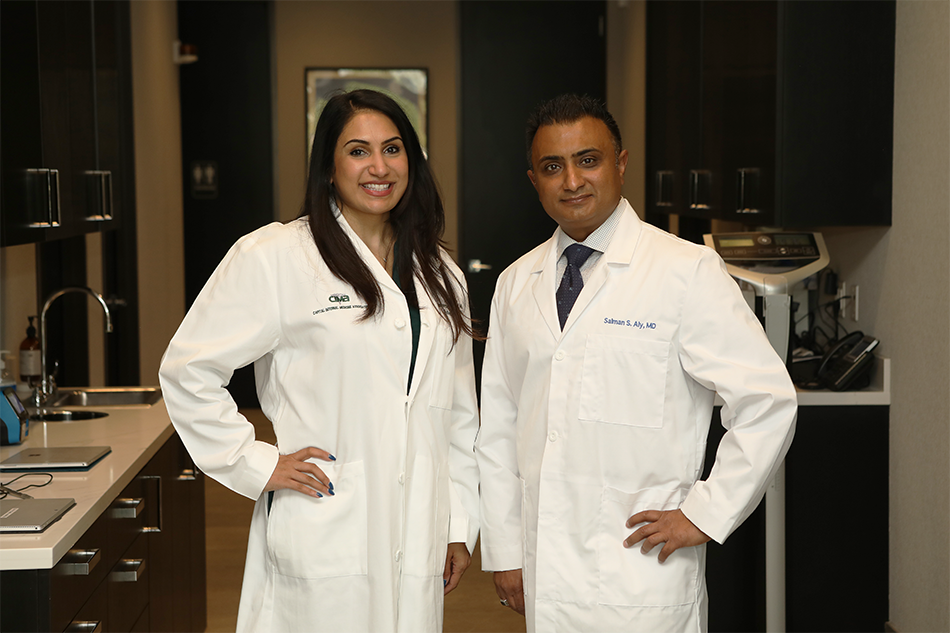
Capital Internal Medicine Associates: Comprehensive Healthcare for Your Optimal Well-Being.
With a patient-centered approach, we offer personalized treatment plans to address your unique health needs.
Comprehensive Primary Care and Internal Medicine Services
At Capital Internal Medicine Associates, we are committed to offering primary care and internal medicine services to the residents of Sugar Land, TX and Wharton, TX and their surrounding communities. Our experienced team of healthcare professionals is dedicated to providing personalized care to patients of all ages. We focus on preventive care, chronic disease management, diagnostic testing, and individualized treatment plans to ensure each patient receives the best possible care. Building long-lasting relationships and prioritizing your health and satisfaction are at the core of our mission.

Preventive Healthcare Services in Sugar Land and Wharton, Texas
Preventive care is the cornerstone of our practice. Our team emphasizes the importance of regular check-ups, vaccinations, and screenings to detect potential health issues early. By focusing on prevention, we aim to help our patients maintain optimal health and avoid the progression of chronic diseases. Our personalized approach ensures that each patient receives the preventive care they need to lead a healthy and active life.
Expert Chronic Disease Management
Managing chronic diseases requires expertise and dedication. Our medical professionals are skilled in creating effective management plans for conditions such as diabetes, hypertension, and heart disease. We work closely with our patients to monitor their health, adjust treatments as necessary, and provide ongoing support and education. Our goal is to help patients manage their conditions effectively and improve their quality of life.


Expert Medical Staff:
Our team consists of highly trained and experienced medical professionals.

State-of-the-Art Equipment:
We utilize the latest technology to ensure accurate and effective treatment.

Personalized Care Plans:
Each patient receives a tailored treatment plan based on individual needs.

Convenient Locations:
Our clinics are easily accessible for residents of Sugarland and Wharton and their surrounding communities..

Advanced Diagnostic Testing Services
At CIMA, we employ state-of-the-art technology to ensure precise and timely identification of health issues.

Schedule Your Appointment Today and Experience Comprehensive, Personalized Healthcare Services.
© 2024 Capital Internal Medicine Associates
